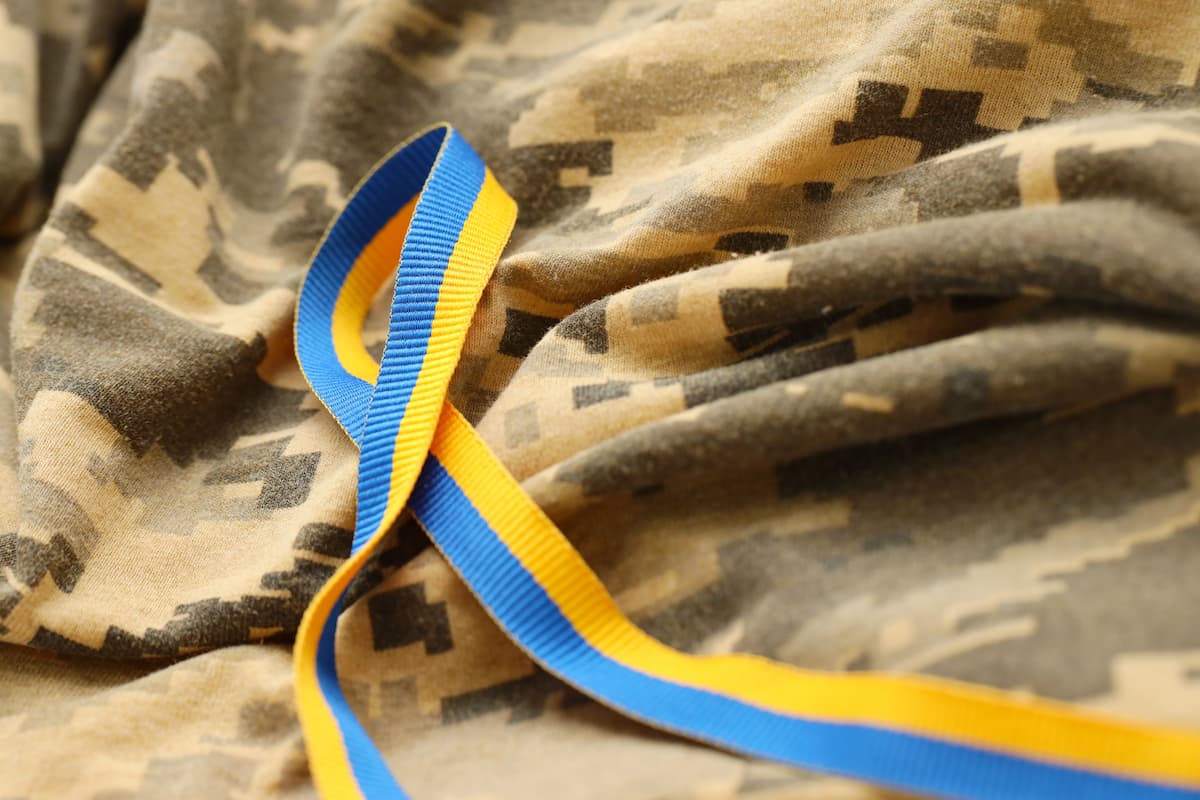Lawyer
Legal mechanisms for protecting the secrecy of correspondence and telephone conversations during wartime
Maintaining the privacy of communications such as correspondence and telephone conversations is a fundamental human right. This right is ensured by national and international legal norms. However, in wartime, the realization of this right may be jeopardized by the special circumstances and challenges arising in wartime. Let's consider the main legal mechanisms for protecting the secrecy of communications during the war, taking into account the consultations of lawyers, analysis of documents and legal opinions of lawyers.
Consultation of a lawyer
When questions arise regarding the protection of the confidentiality of communications during wartime, the first step is to consult a qualified lawyer. A lawyer will help assess the situation, provide recommendations for actions, and also explain the legal norms governing this area. It is important to understand that even in wartime the right to secrecy of correspondence and telephone conversations is preserved, although certain restrictions may be imposed.
Analysis of documents
The lawyer analyzes documents such as the Constitution of Ukraine, laws regulating national security issues, as well as international legal acts, in particular the Convention on the Protection of Human Rights and Fundamental Freedoms (European Convention on Human Rights). According to Article 8 of this Convention, everyone has the right to respect for his private and family life, his home and his correspondence.
The analysis of documents also includes the study of special normative legal acts regulating the issue of martial law. For example, the Law of Ukraine "On the Legal Regime of Martial Law" provides for the possibility of restricting certain rights and freedoms of citizens, but such restrictions must be clearly justified and proportionate to the goal of protecting national security.
Legal opinion
After analyzing the documents, the lawyer provides a legal opinion on a specific situation. The conclusion indicates possible legal ways of protecting the secrecy of communications, and also substantiates legal positions. The legal opinion may include recommendations for filing complaints with national courts or international human rights institutions in the event of a violation of the right to privacy.
Legal opinion of the lawyer
In addition to the legal opinion, the lawyer's legal opinion plays an important role. A lawyer with experience in the field of human rights protection will be able to more accurately assess the situation and provide detailed recommendations for the protection of the client's rights. A lawyer's legal opinion can be used as evidence in court cases, as well as to argue a position before state authorities.
Conclusions
In wartime, protecting the secrecy of correspondence and telephone conversations remains an important task. Legal consultation, document analysis, legal opinion and legal opinion of the lawyer are key elements in this process. Although legislation may provide for certain limitations of rights, they must be justified and comply with the principle of proportionality. Adherence to legal mechanisms to protect the confidentiality of communications is important for ensuring the rights and freedoms of citizens even in wartime.

































